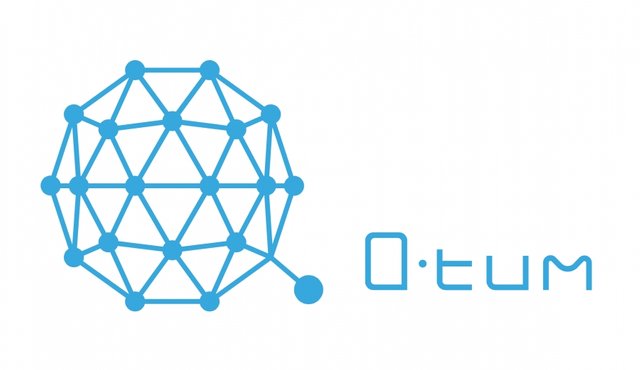Qtum | Build Decentralized Applications that Simply Work

The decentralization of tasks performed by mobile applications which has led to the subsequent increase in the number of mobile applications each with specific function they are supposed to execute is evidence to my initial statement. That being said, these financial wallets I am referring to are available on smart devices as applications which in effect enables a more simpler way of executing financial contracts.
The Lite wallets available on the UTXO Blockchain when availed through smartphone applications enables the user to sync a number of devices to the Qtum Blockchain which are operated while still maintaining a reference to already determined smart contracts. By doing so, they build user trust and by doing so initiating a culture of trustworthiness across these online platforms which in effect contributes to an increased financial activity. So let’s remember that this Qtum project employs an EVM analog. This EVM analog allows for the possibility of a mutual co-existence between the Qtum Blockchain and Ethereal contracts with minimal change or better even no change at all to the source code of either.
Qtum is also advantageous to its Ethereal counterpart in that it also employs a kind of backward compatibility that enables the decentralized applications to remain functional even after the system has been updated. Unfortunately, Ethereal contracts don't live up to those expectations currently thus in the event of updating the Ethereal system, applications will suffer.
The Team

Moreover, the system available in the UTXO which complies with the requirements that enable it to coexist with the bitcoin ecosystem avails to the user more advantage in that it allows users to enjoy top innovations from Bitcoin. With regard to tasks in particular fields, the Qtum project has laid reference to initial success or failure in every field in that attacks are rendered on fields with computations which require a bit more effort. With everything a have mentioned in mind now it is important to remember that this system was created to bring the business world and Blockchain technology. With this ultimate goal in mind, it was important that those concerned with the development of this invention lay down efficient strategies. The introduction of the Master concept contract is among those strategies. It creates the opportunity for DApps and world contracts to initiate real data inputs. These inputs are then audited by an oracle or by the entity mediating the contracts. That being said i think that this kind of record keeping might prove especially useful when a future reference is required.
The Qtum foundation (a non-profit organization which comprises of both stakeholders and token holders) is the one responsible for directing and supervising the Qtum Blockchain. This organization was created to manage the disorderly conduct that usually arises when it comes to the usage of open source and Blockchain enterprises. Since the foundation is the entity responsible for bringing up this project, there a number of responsibilities that it has to take care of and they include management and making sure that the open source system is safe to use. Only by so doing will they manage to convince large business entities that they can safely execute contracts on an online platform.
The Qtum Project
Qtum recently announced a partnership with one of the leading professional service providers, PwC, which will support Qtum’s efforts to help fuel blockchain adoption across global business sectors. Qtum has raised $1 million from investors including Chen Weixing (Kuaidi), Star Xu (OkCoin), Anthony Di Iorio (Ethereum, Jaxx Blockchain Interface), Jeremy Gardner (Augur), Fenbushi Capital’s Managing Partner Bo Shen, and angel investor Xiaolai Li.
Video